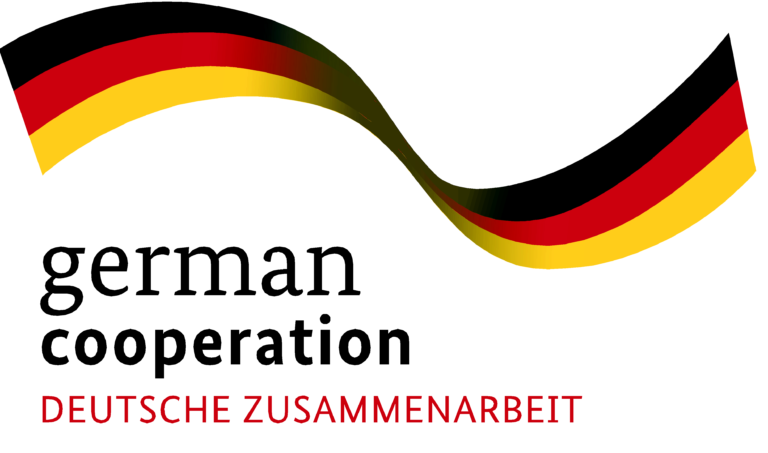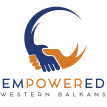All countries of the Western Balkans have ratified the United Nations Convention on the Rights of Persons with Disabilities (UN CRPD), committing to uphold the principles of dignity, equality, non-discrimination, accessibility, and full participation of persons with disabilities (PwDs) in society.
📜 Over the past decade, these countries have taken important steps to align national legislation with international standards. Laws have been adopted or amended to guarantee rights to education, employment, healthcare, and independent living for PwDs. Serbia, for example, adopted the law on the prevention of discrimination against persons with disabilities as early as 2006, and North Macedonia integrated disability rights in its anti-discrimination legislation in 2020. Similar progress has been made in Montenegro, Albania, Kosovo, and Bosnia and Herzegovina.
❗However, despite these formal commitments, implementation remains uneven and often symbolic, with real-life improvements for PwDs still limited in scope and depth. According to the European Commission’s 2023 progress reports, challenges include:
- insufficient funding for inclusive services, especially at the local level
- fragmented and underdeveloped institutional frameworks
- limited inter-sectoral coordination
- lack of data collection and monitoring mechanisms
- low visibility and participation of PwDs in policy-making processes
A 2022 regional assessment by the European Disability Forum (EDF) revealed that more than 70% of PwDs in the Western Balkans remain unemployed, with significant barriers to access in both public and private sectors. In addition, less than 50% of public buildings across the region are fully accessible, while inclusive education remains more of an exception than a rule.
🔍 These persistent gaps between policy and practice underscore the urgent need for systemic reform, institutional capacity building, and inclusive implementation strategies.
Through the Empowered WB project, we aim to support this transition from legislative alignment to practical, inclusive implementation. Our goal is to:
▶️ promote policy harmonization across the region, focusing on good practices that are adaptable and sustainable
▶️ strengthen the capacities of local authorities, civil society organizations, and service providers to implement inclusive measures
▶️ facilitate regional cooperation and peer learning, enabling stakeholders to overcome common challenges
▶️ focus on employment and economic inclusion as key entry points for full participation of PwDs
▶️ ensure that PwDs and their representative organizations are at the center of the process — from planning to evaluation
📌 By building stronger mechanisms for accountability, resource allocation, and community-based support, Empowered will help translate legal commitments into concrete improvements in the daily lives of over 20,000 persons with disabilities in the region.
True inclusion cannot be achieved through legislation alone — it requires political will, operational coordination, and meaningful engagement at every level of society.

